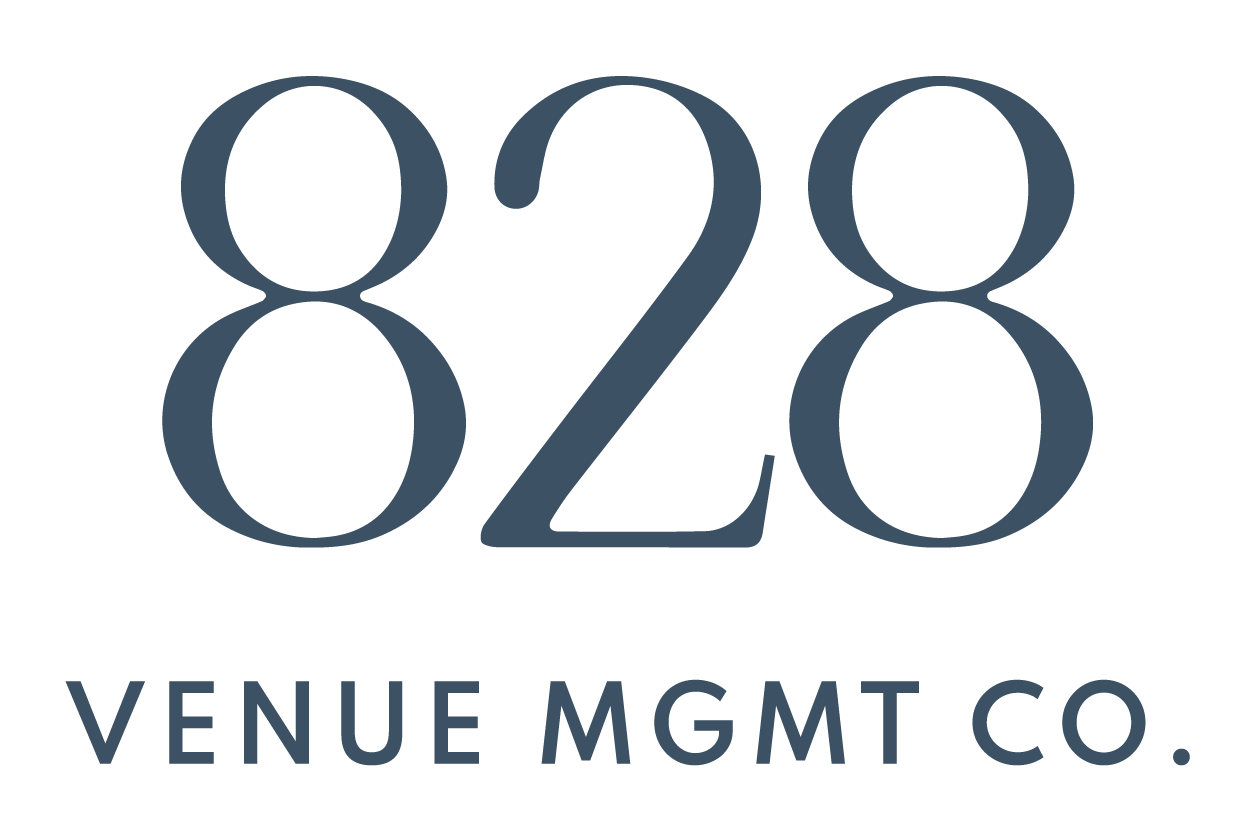Building a great team is critical to any industry, but I would argue, even more so for the hospitality and events industry. The events industry relies on many part-time, event day staff to be the face of your business and ensure that all runs smoothly. So how do you build a great team that you can trust to do this?
Experts expound that as a business leader, you need to put the right people in the right seats. While this makes sense in theory, how do you actually do that? And how do you ensure that everyone in your organization can build their teams in this way, especially when you may have a lot of first-time managers? The concept of “Right Person, Right Seat” emphasizes aligning individual strengths, values, and roles, ensuring that each team member is positioned for success. Here’s how to implement this approach in your organization.
Define Core Values
The foundation of a great team starts with a clear set of core values. These values should reflect your organization’s culture and mission. When you establish and communicate these values, you create a common understanding of what is expected from every team member. These values are nonnegotiable, in that everyone in the organization needs to embrace and live these values, as they will serve as the foundation for the culture you are trying to build.
Action Step:
- Create a list of your organization’s core values and provide context around the definitions so that there is clarity on what each value embodies.
- Discuss these values with the organization, highlighting the importance of living the values day-in and day-out.
- Continue to highlight your values in company meetings and in how you reward & recognize your team so that they become engrained.
Clarify Roles and Responsibilities
Many people issues stem from the fact that the individual does not have a good sense of what they are accountable for in their role and/or there may be misalignment in these accountabilities across multiple roles. A clear understanding of roles and responsibilities is essential for team success. A helpful tool from the Entrepreneurial Operating System® is the Accountability Chart™ which outlines who is responsible for what. This transparency reduces overlap, confusion, and potential conflicts, allowing your team to operate more efficiently.
Action Step:
- Develop an Accountability Chart for the organization.
- Cascade the Accountability Chart with each member of the organization to ensure clarity and understanding.

Assess Current Team Members
Once your core values are in place and roles are clearly defined, it’s time to evaluate your current team to see how well they align with these values and their role.
The People Analyer™ from the Entrepreneurial Operating System® (EOS®) is one the most effective tools to assess how well each team member embodies your core values and performs in their role, including evaluating if they get their role, if they want their role, and if they have the capacity to do their role. This step is crucial for identifying strengths, weaknesses, and potential misalignments.
Sometimes you may have the Right People (strong core values fit) in the Wrong Seats (misalignment on how well they fit the role) or you may have the Wrong People (poor core values fit) in the Right Seats (strong ability to get the job done). In either scenario, you should take steps to ensure you have the Right People in the Right Seats.
Action Step:
- Review each member in the organization using the People Analyzer™ tool and identify any potential people issues.
- Develop plans on how to address any people issues identified.
Recruitment Process
When it comes to building a great team, hiring the right people is critical. Implement a targeted recruitment process that emphasizes both skills and cultural fit. Use behavioral interview techniques to assess candidates against your core values and their alignment with the role’s requirements.
Action Step:
- Define your approach to recruitment, including how to assess an individual’s core value fit.
- Train those involved in recruitment to ensure a consistent approach.
- Create role-specific assessments or “case studies” to evaluate candidates effectively during the hiring process.

Onboarding and Training
Once you’ve hired the right people, it is essential to invest the time and resources in a well-developed onboarding process. This is your opportunity to immerse new hires in your company culture, values, expectations, and processes.
Training and development should not stop once your new hires are onboarded. Building an ongoing training program is helpful for employees to continue to develop the skills necessary to excel and advance in their roles.
Action Step:
- Design an onboarding program that includes a deep dive into core values and company overview, as well as job-specific training.
- Match each new hire with a mentor that aligns with their specific role.
- Include regular check-ins to ensure the new hire is progressing according to plan, and make adjustments to the training plan as needed.
Regular Check-Ins
While weekly updates are critical to help address the day-to-day issues facing your team, it is also important to take a step back and hold performance discussions which will help ensure team members remain in the right seats.
These check-ins allow for ongoing evaluation of alignment with role expectations and core values. Additionally, they create an open feedback loop where team members feel comfortable discussing their experiences and suggesting improvements.
Action Step:
- Set an expectation in your organization that all managers meet with their direct reports on a quarterly basis to make sure both the manager and direct report are on the same page, expectations are met & clear, and that any issues are discussed openly and action plans developed.
- Create a process for annual reviews, including soliciting 360° feedback to help build a more comprehensive and impactful review.
Foster a Positive Team Culture
Creating a positive team culture and work environment does not happen by chance, it is the outcome of intentional effort and focus. Every organization has its own unique culture, greatly stemming from the company’s core values.
Key tenants to a healthy culture are trust and respect. Team-building activities can help strengthen relationships and trust among team members, and recognizing and celebrating individual and team achievements help to reinforce company values.
Action Step:
- Plan regular team-building events and establish a recognition program to celebrate successes.

Address Issues Promptly
If you identify a team member who is not in the right seat, address the issue quickly. Have honest conversations about their fit for the role and explore alternative positions that may be a better match. Supporting transitions to new roles helps individuals feel valued and understood.
Action Step:
- Maintain open lines of communication and provide resources for team members seeking to transition to new roles.
Leadership Commitment
Finally, for the “Right Person, Right Seat” philosophy to succeed, leadership must be committed to the process. Do not underestimate the impact of leading by example, and demonstrating the behaviors and values you want to see in your team. Understand that building a strong team takes time and is an iterative process – it is not one that you get right once and then can consider it done.
Action Step:
- Conduct the People Analyzer™ quarterly and make adjustments as necessary.
- Set time aside each quarter to assess your approach to building a strong team and tweak the process as needed.
Interested in learning more?
828 Venue Management Company operates event venues across the nation and are experts in the venue management space. Contact us today, we’d love to learn more about your unique venue and how we might partner together, including helping you to build a great team.
Meritage is the leading EOS® Implementers for the most ambitious founders and entrepreneurs of high growth organizations and those that have raised or are seeking to raise capital. Contact them today for more information on how EOS® can help accelerate the growth of your business.


